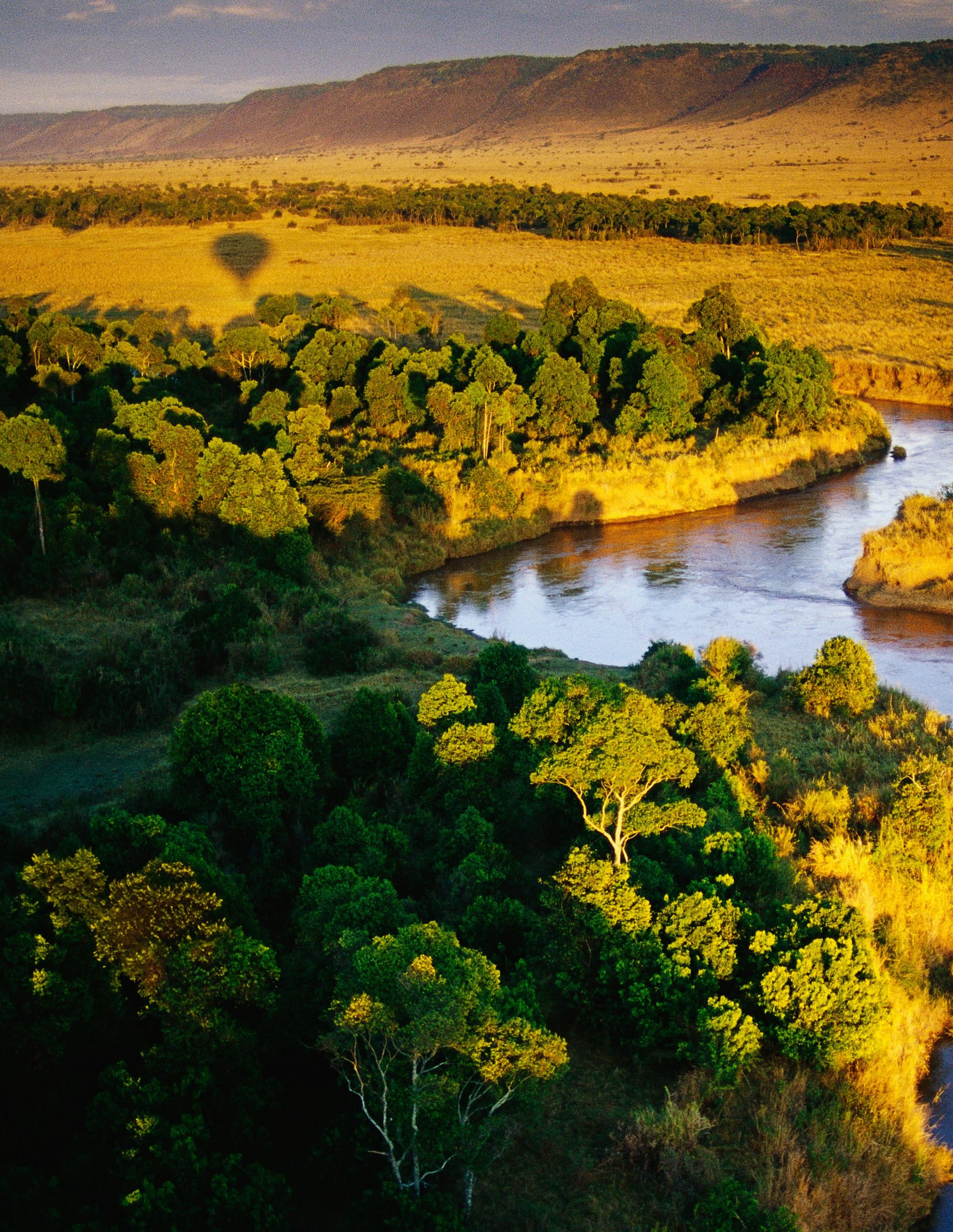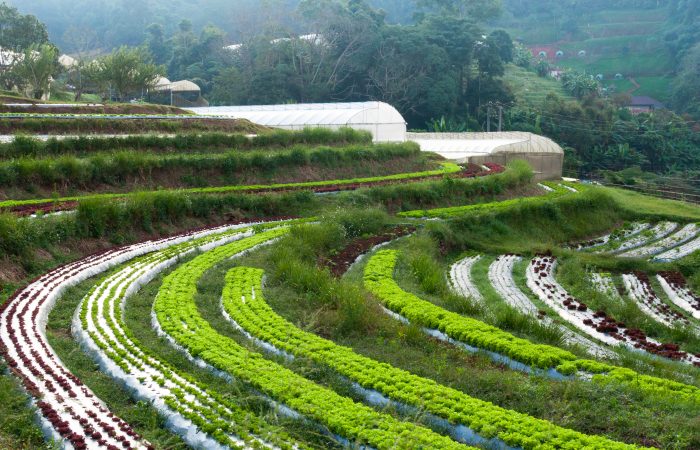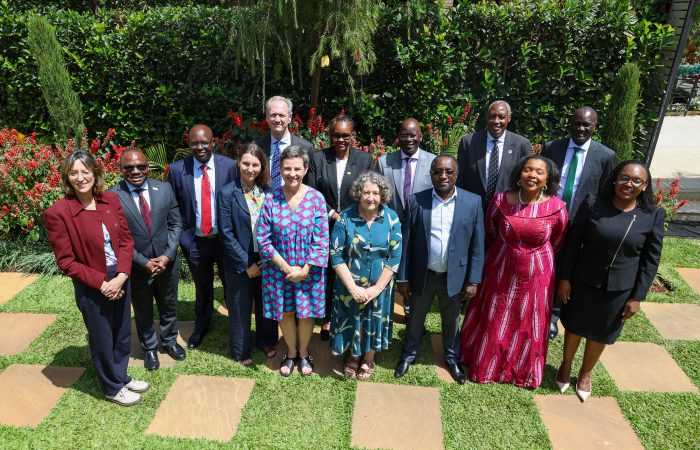
Nairobi, July 17, 2024 –
The African Natural Capital Alliance (ANCA) and FSD Africa, in partnership with McKinsey, have released a groundbreaking report detailing the findings of the nature stress test conducted on the banking systems of five African countries including Rwanda and Zambia. The report, “Nature Stress Test: Assessing Exposure of Five African Banking Systems”, is the first to assess the implications for African economies of the Kunming-Montreal Global Biodiversity Framework (GBF) which was agreed in December 2022 and sets out goals and targets to halt and reverse nature loss by 2030.
The report examines how business profits across these five economies could be impacted—positively or negatively—depending on different nature-positive transition scenarios. It finds that an orderly transition scenario, where businesses adopt nature-positive practices (in line with the GBF), showed the lowest financial risks while under a disorderly transition, where businesses do not substantially reduce their negative impacts on nature, profit losses in critical sectors like agriculture and mining could reach up to 50% leading to job losses. Higher production costs and prices for agricultural goods could also lead to higher food prices and inflation.
The stress test follows on from ANCA and FSD Africa’s first report in embedding the protection of nature within regulatory frameworks in Africa. With 62% of Africa’s GDP reliant on nature, and 70% of sub-Saharan communities depending on forests and woodlands, the findings underscore the critical need for robust financial strategies to mitigate nature-related risks.
The report highlights a number of key findings:
• Risks were found to be heavily concentrated in seven sectors, including agriculture, mining, and manufacturing. For example, at their extreme, physical risks such as declining pollinator populations, soil quality, and water availability could decrease net present value (NPV) profits from 2020 to 2050 in the agricultural sector in Ghana by more than 50%. Water shortages in Morocco could cause equivalent losses of 15% in food, beverage, and fertiliser manufacturing and of 4% in electricity, gas, and utilities.
• Rising production costs and prices for agricultural goods would lead to higher food prices and inflation, particularly affecting low-income and vulnerable communities, and hindering economic growth in countries like Ghana and Zambia.
• Financial risks in agriculture, which employs a large part of the workforce in countries like Ghana, Rwanda, and Zambia, could cause job losses, reduce income, and make it harder for people to pay their debts.
• Cost increases in exports due to nature-related risks could harm international competitiveness and create foreign exchange risks for countries that heavily rely on exporting primary commodities, such as Ghana, Rwanda, and Zambia.
• Financial institutions heavily invested in agriculture, mining, and food sectors may face significant risks and even solvency issues, especially in countries with specialised lenders.
• Nature-related risks could cause major socioeconomic issues, such as food and water shortages leading to forced migration and related challenges.
• A well-managed transition to nature-positive practices could reduce risks and bring additional benefits, like new financial instruments, extra revenue, and increased productivity.
• Cumulative expected credit losses could increase by up to 21% by 2050 if no nature-positive actions are taken.
• However, an orderly transition could significantly reduce these risks, with some countries potentially mitigating up to 78% of exposure-weighted profit losses.
Speaking on the report launch, Dorothy Maseke, Head of the ANCA secretariat and Lead, Nature Finance & TNFD, FSD Africa, commented: “Understanding the profound impact of nature on our economies is crucial. This stress test highlights the urgent need for nature-positive transitions, revealing that 62% of Africa’s GDP is deeply linked with natural services. By embedding nature protection within our regulatory frameworks, we can not only mitigate financial risks but also drive sustainable economic growth.”
Jason Eis, Partner, McKinsey Sustainability, said: “Our findings highlight the imperative for businesses and policymakers to work together in creating resilient financial systems that can withstand nature-related shocks while contributing to a sustainable future.”
About the African Natural Capital Alliance
ANCA is an African-led collaborative multi-stakeholder initiative, acting as the vehicle to drive coordinated advocacy and action across the continent. ANCA was established in 2022 by FSD Africa out of a need to ensure an African Voice on the global nature agenda. With growing global interest in nature, including in the development of nature-related risk frameworks and standards, there is an urgent need to ensure these emerging approaches can be applied to an African context. ANCA brings some of Africa’s leading financial institutions including KCB, Access Bank, the Development Bank of Southern Africa (DBSA), Ecobank, Equity Bank, FirstRand, Investec, Sanlam, Standard Chartered and Zanaco together with governmental organisations, intergovernmental partners, and civil society representatives to ensure an African Voice on the global nature agenda and with the ultimate aim of catalysing nature-positive African economies.


